The Skeleton - Communication4All
advertisement
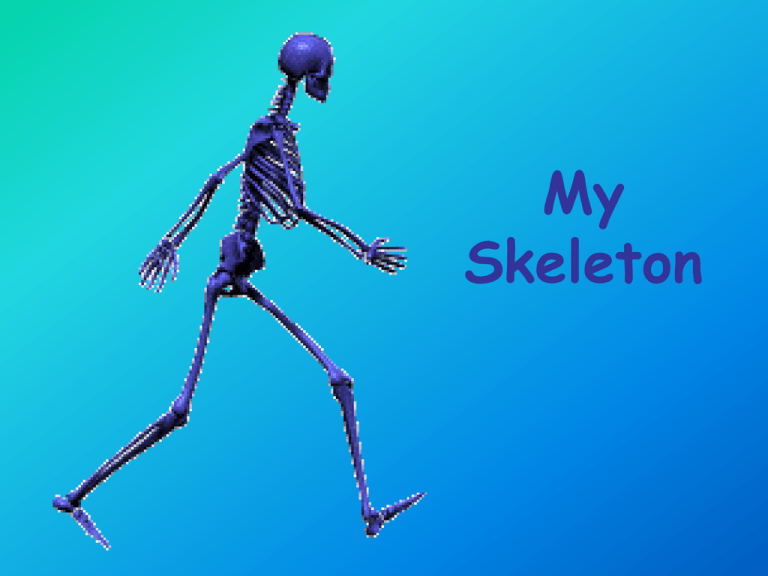
My Skeleton Facts about our Skeleton. There are 206 bones in your skeleton. Your skeleton supports your body and helps you move. Calcium helps your bones to develop and grow properly. Facts about our Skeleton. There are tiny bones in your ears! The longest bone in your body is in your leg. Your skull protects your brain from serious injury. Our Bones. Bones have names. Let’s have a look at what some of our bones are called. Our Bones. If you click on the yellow shapes you will find out more. Click here to move on. skull jaw ribs ulna wrist humerous pelvis spine fingers femur tibia and fibula ankle toes Your skull is made up of two parts. Your nose does not have a bone in it! The Skull The cranium and the face. The jaw Click here to return to the skeleton page. The Jaw Your jaw bone is also part of your skull It is also called the mandible. It is the only bone in your skull that moves. Click here to return to the skeleton page. Ribs are thin, flat curved bones. The Ribs There are 12 ribs on each side of your body They form a protective cage around your upper body. Your ribs move when you breathe. Click here to return to the skeleton page. The Spine The spine is made up of 33 bones These bones are called vertebrae The bones go from the bottom of the skull to the pelvis. Your spine protects the spinal cord which runs through it. Click here to return to the skeleton page. This bone is in your thigh. It goes from your hip to your knee. The Femur It is the longest and strongest bone in your body. Click here to return to the skeleton page. X-rays Bones are not unbreakable and they do not break easily. Sometimes you can break a bone after a nasty fall or accident. Your hospital will take an x-ray to see how damaged your bones are. The person taking the x-ray is called a radiologist If you have broken a bone your x-ray might look like this. If you have broken a bone a plaster technician will put it in plaster. The plaster holds the bone in position and helps it heal properly. Let’s have last look at the amazing human skeleton. Our Bones. skull jaw ribs ulna wrist humerous pelvis spine fingers femur ankle tibia and fibula toes I hope you have enjoyed learning about your skeleton. Here are some online activities you might like to try. http://sv.berkeley.edu/showcase/pages/bones.html http://www.freeaddictinggames.com/popup/2037.html http://www.geocities.com/SoHo/Coffeehouse/9025/games/skelet on.html www.communication4all.co.uk
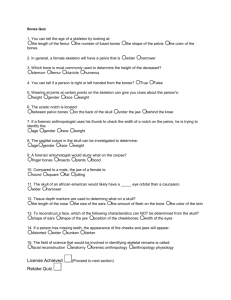
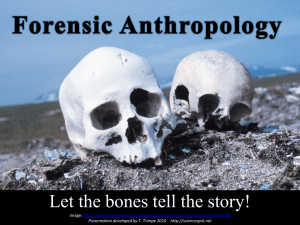
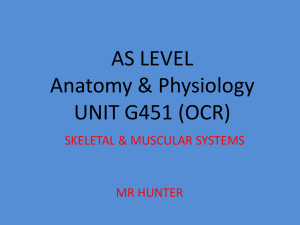
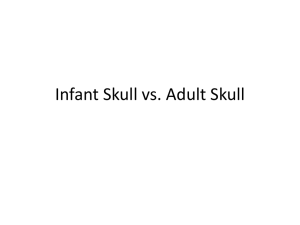
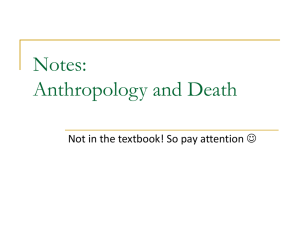
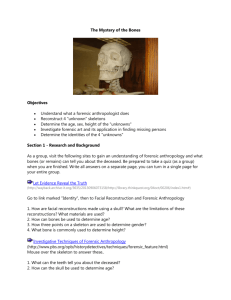

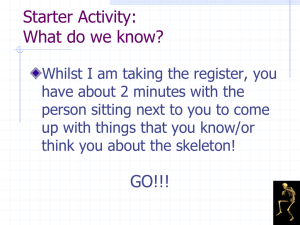
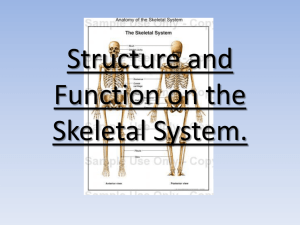
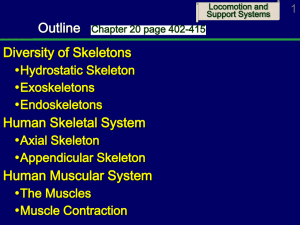
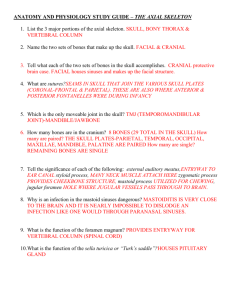
![Presentation1_THE_SKELETONYEAR_11[1]](http://s2.studylib.net/store/data/005409642_1-afa8ff9720521661d1d424bd55e41da1-300x300.png)